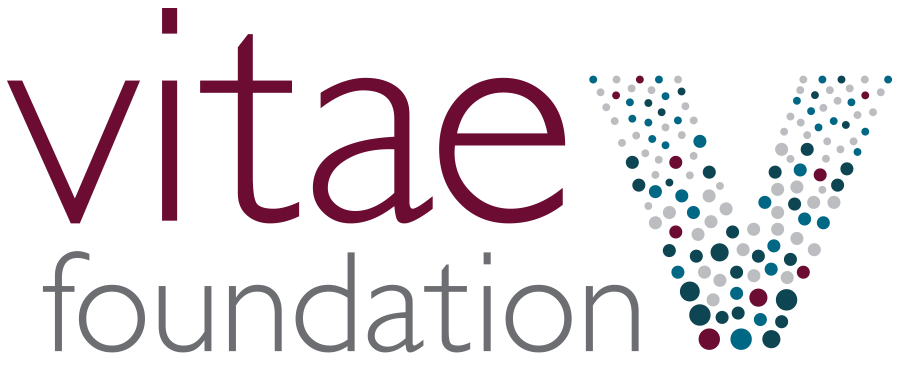Building the Pregnancy Help Center Brand
By Carl Landwehr and Jeff Pauls, Ph.D.
This is the third in a series of three articles covering the results of our seventh in-depth Right Brain research study, involving over 70 women who went to Planned Parenthood for services including birth control and abortion.
In the previous two articles focused on the strengths and weaknesses of the Planned Parenthood brand and the “healthcare” message now being marketed by Planned Parenthood. Please visit Vitae’s website to review these compelling findings. In this issue we will proceed to the third topic: Building the Pregnancy Help Center (PHC) brand.
This area of findings showed, unfortunately, that respondents were unaware of the idea of the Pregnancy Help Center, although they occasionally referenced government health clinics as an alternative to Planned Parenthood. While the lack of awareness of the PHCs is tragic in one respect, it also presents the Pregnancy Help Centers across the country with an opportunity to re-brand and define the services they provide without the impediment of a pre-existing image or reputation. PHC marketing should be less about the name of the organization and more about the universal application and branding of the critical services that respondents in the study mention they would like and which many PHCs are already providing.
As briefly touched on in the previous area of findings, the customers of Planned Parenthood are most troubled by the waiting room practices demonstrated by the long waits, non-confidential medical conversations, and the general fear and mistrust of the low-income people who are frequent customers. One of the most universal comments about the Planned Parenthood experience, from a vast majority of respondents, even those rating themselves as “highly satisfied” with Planned Parenthood, was the difficult waiting room conditions, especially the long waits, but also the “nervous,” “scared,” “angry,” and “frustrated” emotional experience and atmosphere of the waiting room.
These critiques can be used by PHCs to create opposite environments, characterized by warmth, professionalism, and authentic support and healthcare. In addition to new marketing campaigns and ads, Vitae is developing a guide for PHCs containing practical suggestions based on these critiques. It is vitally important that we get this information into the hands of PHC directors across the country so they can ensure their centers are promoting the assortment and quality (brand) of services that women facing unexpected pregnancies say they want and need.
PHCs will eventually put Planned Parenthood out of business if it comes down to which one provides a more positive emotional experience and a more professional, fact-based, medical, and caring atmosphere. This is true because one organization takes lives and deals in manipulation for profit while the other supports life and deals in facts, care, support, and real help. Unless this dichotomy is powerfully marketed to the culture at large however, many more lives will be lost.
This study also demonstrated that Pregnancy Help Centers have overlooked the “legacy customer” who is often the one initially refering a younger relative or friend to Planned Parenthood. The legacy customer (generally age 25-45) offers PHCs a specific and unique market because, despite her willingness to refer others to Planned Parenthood, she is often simultaneously moving away from the organization as she gets older, obtains insurance, and access to her own gynecologist/doctor’s office.
To help further encourage these legacy customers to sever ties with Planned Parenthood and not refer others there, themes such as safety, dangerous side effects, and improper care as a consumer warning would be effective. The most effective approach would be to not address the immorality of abortion but to address the poor consumer practices and customer relations of Planned Parenthood making clear that just like the legacy customer herself, younger relatives and friends deserve better.
Other PHC-related recommendations include:
- Highlighting the not-for-profit nature of the PHC and that it, unlike Planned Parenthood, does not charge for services, thus, has no financial gain in a woman’s abortion decision.
- Delivering on the emotional promises that Planned Parenthood makes, but fails to fulfill. These services include education on all options, treating the patient with respect, and assuring confidentiality.
- Following best medical practices to proactively address a woman’s total health, both currently and in the future, especially in the area of total person health and wellness: physical, emotional, intellectual, social, spiritual, and vocational.
In a state of emotional chaos, it is easy for women considering abortion to believe no help or support is available. Many are in desperate need of the wealth of assistance Pregnancy Help Centers are currently providing in their communities. If this brand of services is marketed effectively, it will increase community awareness of the PHC, represent a unique opportunity to attract new patients/clients, and save the lives of countless children and their mothers, fathers, and families.
